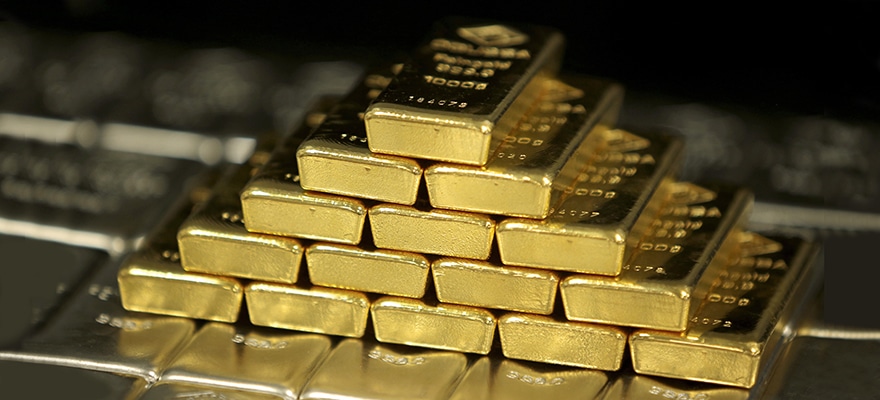With the precious metals markets buzzing about little other than the sinking, crashing, tumbling price of gold, it’s hard for investors not to begin making negative associations with the yellow metal. The media is painting an ugly portrait, banks are lowering their short-term forecasts and sentiment is excessively negative. Does this mean investors should stay away from the precious metal? By all means, no. In fact, the strongest reason this gold crash should turn into a gold rush is the fact that there is never a better time to buy an asset than when it’s cheap; the cheaper you buy it for, the greater the magnitude of prospective returns.
Gold has been falling for what can only be described as a prolonged period of time; historically, the longer the decline, the stronger the recovery. In addition, gold fundamentals remain positive as the catalysts which could drive the price up again are still very much there, despite the fact that the waters have calmed in many tumultuous areas. I read somewhere recently that investors’ desire for gold as a safe haven is waning due to the fact that economic turmoil in the Eurozone has subsided.
Make no mistake, the fear of a looming “Grexit” has been put to rest for the time being, but this does not in the least annihilate the rest of the problems Greece or Europe as a whole are still facing. In an age where developed nations are ‘broke’, negative real interest rates a new norm and inflation a means of survival, it concerns me that some can stand back and so confidently disavow the need for safe haven investments. Such complacency typically marks inflection points in the markets.
If attempting to time the market, the argument for purchasing gold is currently at its highest level; it is a timeless store of value, highly liquid and an excellent hedge against inflation and geopolitical risk. Owning allocated physical gold takes investment to the next level as it gives investors physical ownership and legal title to their precious metal, negating any risk that comes with paper investments, such as counterparty risk.
For physical commodities we must always remember that price action has real demand and supply consequences to the physical market. The falling gold price has not only recently fuelled investment demand for physical bullion, but also affected the supply side of the equation. At current prices the commercial viability does not exist for many mines to extract the metal out of the ground, thus resulting in supply cuts. To find price equilibrium a typical commodity market would rally from here and rally strongly.
In the case of the gold market, other forces are at play that many do not fully comprehend. Unfortunately, the dominant global benchmark price for gold is set in a paper - not physical - market. This paper price has very different rules and dynamics to the real physical market; namely no physical bullion needs to be exchanged and there is effectively unlimited supply, allowing key market participants to sell in unlimited quantities onto the market. With the paper market being unlimited in supply and the physical market being limited, compounding imbalances between the two markets are coming to light.
These imbalances have become so significant over time that we are now seeing irreparable cracks in the paper market; this I believe will result in a migration of the primary gold price benchmark away from the paper market to the physical market, with the physical market then taking the lead role in the price discovery of the entire precious metals complex. Yes, I am suggesting a massive structural reform is coming and it will be to the benefit of precious metal investors. True physical markets cannot be suppressed forever and I’m sure many will be happy to see the price unshackled and determined by real demand and supply forces.
With the gold price hovering around 5-year lows, what a great opportunity to take a position and wait for the upward price correction. The opportunity to buy is now.


















